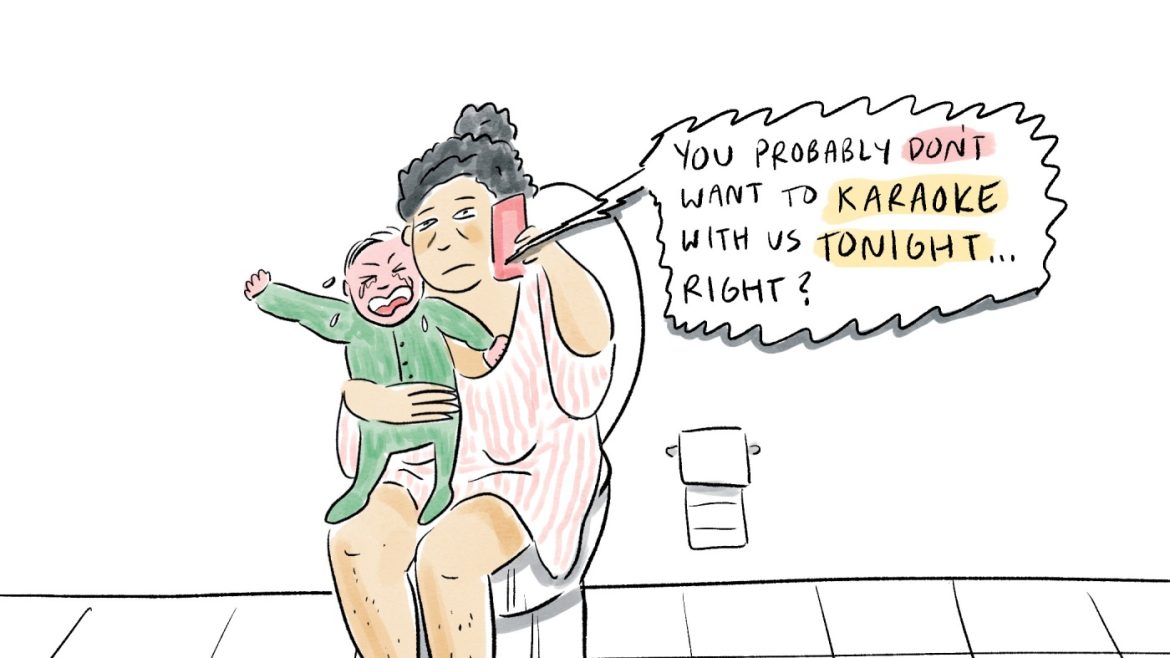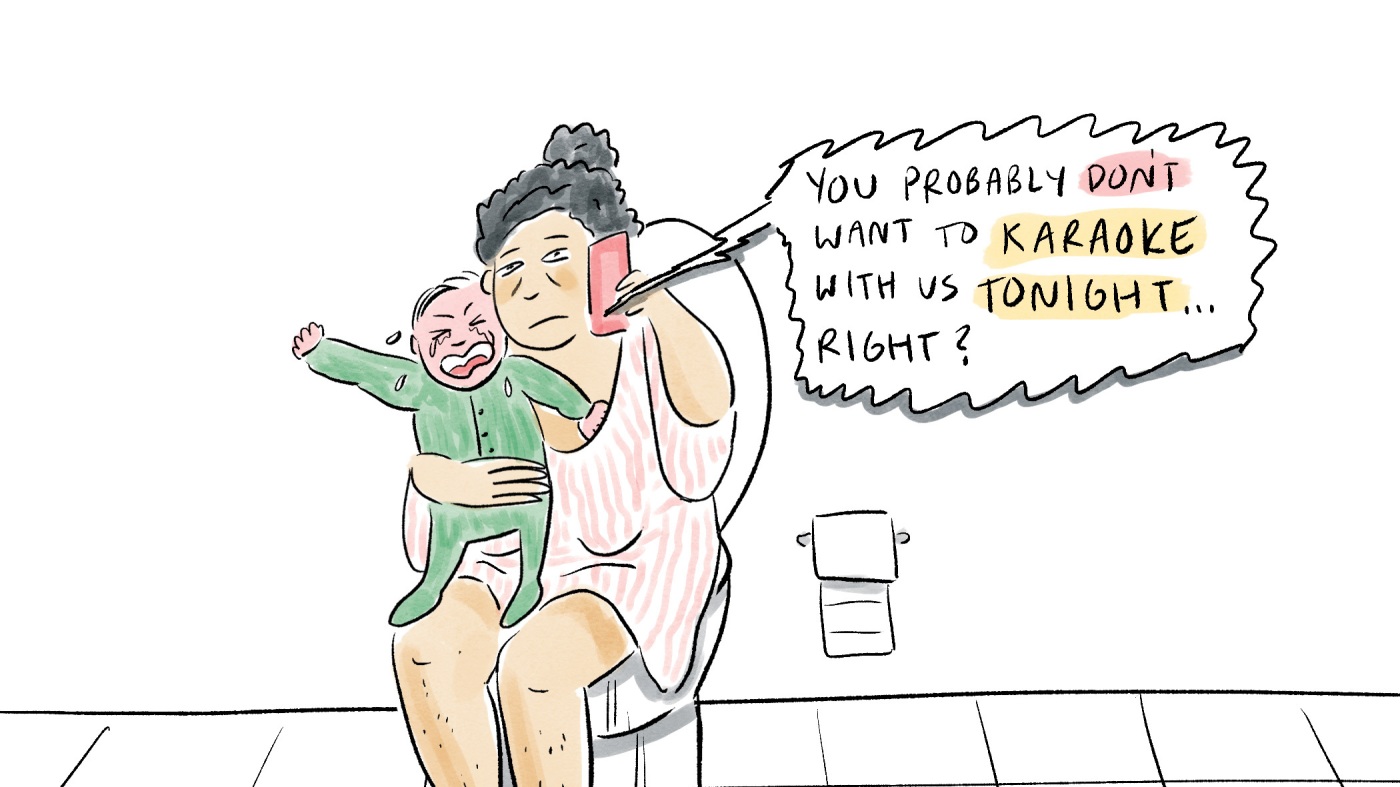Introduction
The arrival of children can significantly alter the dynamics of friendships, often leading to their dissolution. This phenomenon is not uncommon, as both parents and child-free individuals navigate the complexities of maintaining connections during this transformative life stage. Understanding the reasons behind this shift can help both parties find ways to stay connected.
Common Reasons for Friendship Dissolution
Assumptions and Misconceptions
One of the primary reasons friendships end after kids come into the picture is the assumption that child-free friends are no longer interested in the same activities or conversations. Parents may feel that their child-free friends do not want to hang out with them or participate in their new, child-centric lives. Conversely, child-free individuals might assume that parents are too busy or uninterested in maintaining the friendship. These assumptions can create a barrier, leading to a gradual drift apart.
Exclusion and Inclusion
Another significant factor is the exclusion of certain friends from conversations and activities. Parents may unintentionally exclude child-free friends from discussions about parenting, assuming they won’t relate. Similarly, child-free individuals might exclude parents from activities that are not child-friendly. This exclusion can make both parties feel isolated and unsupported, further straining the friendship.
Changes in Priorities and Interests
The arrival of children often brings about a shift in priorities and interests. Parents may find that their time and energy are predominantly focused on their children, leaving little room for social activities. Child-free individuals, on the other hand, may continue with their previous lifestyles, leading to a mismatch in interests and availability. This disparity can make it challenging to find common ground and maintain the friendship.
Lack of Communication
Effective communication is crucial for any relationship, and friendships are no exception. When friends start having kids, there may be a lack of open and honest communication about the changes and challenges each person is facing. This lack of communication can lead to misunderstandings, resentment, and ultimately, the dissolution of the friendship. Addressing concerns directly and openly can help strengthen the bond and prevent unnecessary misunderstandings.
Emotional and Psychological Impact
The emotional and psychological impact of having children can also affect friendships. Parents may experience a range of emotions, from joy and fulfillment to stress and exhaustion. These emotional shifts can make it difficult to maintain friendships, as parents may feel overwhelmed and unable to invest time and energy into social connections. Child-free individuals may also experience feelings of jealousy, loneliness, or resentment, further complicating the dynamics of the friendship.
The Role of Parents in Childhood Friendships
Parents play a crucial role in shaping their children’s friendships, which can also impact their own social connections. A study published in the Journal of Family Psychology highlights that parents are a significant source of friendship breakups among children. This dynamic can extend into adulthood, as parents may inadvertently influence their children’s social circles, affecting their own friendships.
Strategies for Maintaining Friendships
Open Communication
One of the most effective strategies for maintaining friendships after kids come into the picture is open and honest communication. Both parents and child-free individuals should express their feelings and concerns directly. This can help prevent misunderstandings and build a stronger foundation for the friendship.
Inclusive Activities
Including friends in activities, regardless of their parenting status, can help maintain connections. Parents can invite child-free friends to join them in child-friendly activities, while child-free individuals can suggest activities that accommodate both lifestyles. This inclusivity can foster a sense of belonging and strengthen the bond between friends.
Adaptation and Flexibility
Adapting to the changes that come with parenthood is essential for maintaining friendships. Both parents and child-free individuals should be flexible and understanding of each other’s needs and limitations. This adaptability can help bridge the gap and keep the friendship alive.
Building New Connections
Building new connections with other parents or child-free individuals can also help maintain existing friendships. Joining parenting groups, attending social events, or participating in shared interests can provide a support network and enrich the friendship.
Nurturing Emotional Depth
Friendships, like any other relationship, require nurturing and emotional depth. Investing time and effort into the friendship, even in small ways, can make a significant difference. This emotional investment can help sustain the bond and ensure that the friendship remains strong despite the challenges.
Conclusion
The Enduring Value of Friendship
Friendships are invaluable, providing emotional support, companionship, and a sense of belonging. While the arrival of children can present challenges, it is possible to maintain and strengthen these connections through open communication, inclusivity, adaptability, and emotional depth. By understanding the reasons behind the dissolution of friendships and implementing effective strategies, both parents and child-free individuals can navigate this transformative life stage and preserve their cherished bonds.


